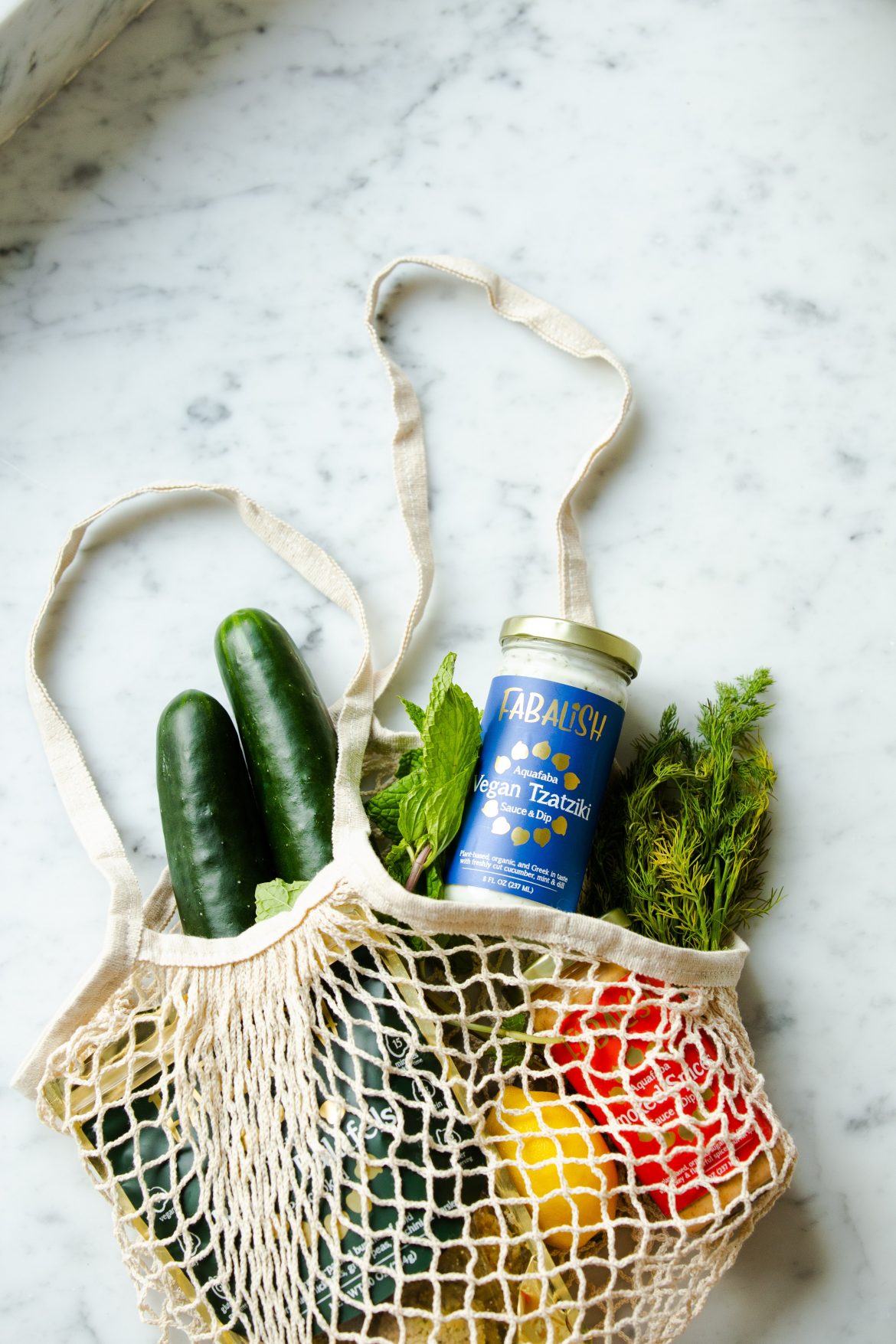Photo Credit: The Creative Exchange via Unsplash
How reducing waste will benefit the planet and your wallet
Alessia Baptista, Lifestyle Editor
These days, protecting the environment and doing everything we can to reduce our carbon footprints is crucial in order to preserve the world and prevent climate change and global warming. One simple way we can help the environment is to make more sustainable decisions. Sustainability means that something can be sustained, or held up at a certain level, for a long period of time. Making these sustainable changes will not only benefit the planet; it will also save you money over time. Thinking about the cost of single-use plastics in comparison to investing in reusable items saves you money and aids in the sustainability movement to help the environment in any way we can.
Here are some of my favourite sustainable changes I’ve made recently:
- Reusable ziploc bags
For so long, I’ve seen influencers promote these reusable silicone versions of plastic Ziploc bags. I looked into getting some for myself but found that they are incredibly expensive (we’re talking almost $20 for one reusable Ziploc bag.) One day I happened to be at Walmart and ended up finding a pack of 6 reusable storage bags (in different colours might I add) for only $5.99. I ended up grabbing 2 packs because they were such a good price, and I now have 12 medium-sized reusable bags for less than the cost of one expensive silicone bag. I love using these bags to keep snacks or frozen bananas for smoothies, and they make me happy knowing I’m making a more sustainable decision!
- Eating meat/ dairy products less often
This topic is incredibly controversial, however eating less meat and dairy products, or even cutting it out for one night a week, can make a huge impact. The money that you save from buying less meat and dairy items can be put towards dairy-free options, or better quality meat products that improve animal welfare. Animal welfare is how animals are treated in the environment in which they are placed in. According to the United Nations, animal farming globally is the biggest contributor to greenhouse gas emissions. If we invest in these better quality products that include but are not limited to non-GMO, free-range, and organic, we are investing in the food we eat which will ultimately benefit our bodies and organic farmers. In terms of health benefits, these higher quality products can reduce blood pressure and the risk of heart disease, since red meats are high in fat and increase cholesterol levels.
- Tote bags / reusable grocery + produce bags
I try to make sure to keep a reusable tote bag when I go out. This is because if I buy something, I have my own bag to carry it in rather than opting for a plastic bag. Since the 1950s, about 8.3 billion tons of plastic have been produced worldwide and only 9% of that has been recycled. This is why opting for reusable produce bags when grocery shopping is a more sustainable option for yourself and the environment. Think about when you’re at the grocery store, and you ask for plastic bags. While they’re usually 5 cents each, that 5 cents add up over time, and you’re better off investing in a few inexpensive reusable bags instead. They’re less likely to break and oftentimes fit more groceries. For a more cost-effective option, use fewer plastic produce bags and don’t place your produce in a bag at all.
- Bring your reusable utensils when going out
Pre-covid, a lot of cafés and places like Starbucks or Tim Hortons allowed customers to bring their own reusable cups and mugs. This is a simple way to reduce waste, and the added bonus is that your coffee will stay warmer for longer in a reusable travel mug. Other obvious changes are to use metal straws, bring your own metal cutlery to work as well as glass containers, and of course, invest in a good reusable water bottle. Metal straws can be found in a variety of sizes at places like BulkBarn for 98 cents each, and the cost of investing in a good reusable water bottle is comparable to nearly 100 plastic water bottles in one month if you’re buying a case of 24 each week. Investing in environmentally friendly items always seems like the more expensive option, however it ends up saving you money in the long run.
- Participate in recycling programs
A lot of skincare companies I purchase from offer a recycling program. This means that you can bring back your empty bottles, and they will recycle them for you! Occasionally, some companies will offer a rewards program for bringing in a certain amount of bottles in exchange for a free travel-sized product. Companies like Kiehl’s and The Ordinary are popular companies that I shop from often and have participated in their recycling programs. If you can’t find a recycling program, think of alternative ways to reuse things like glass jars, or simply recycle them yourself. Also, a handy tip: when a product that comes in a bottle is nearly done, cut open the bottle and you’ll find so much product is still leftover. This will help you get your money’s worth of any product you buy.
Making sustainable changes doesn’t need to be difficult; even choosing one of these things to focus on will make a positive change in your life and for the environment. It’s simply a matter of reducing how much waste we produce and ensuring we are consciously aware of the impact our decisions can have on the environment. All in all, it’s the smallest change that can make the biggest impact.



